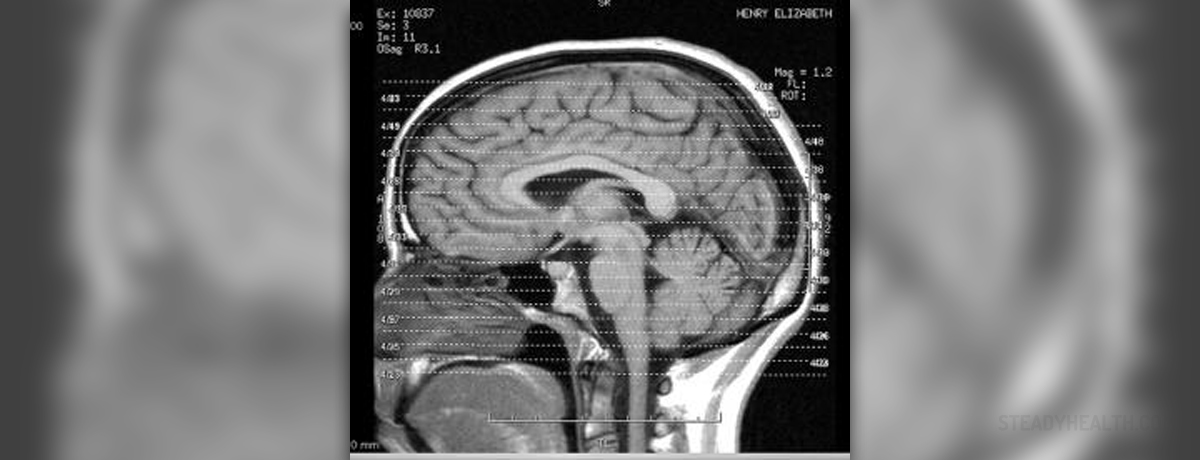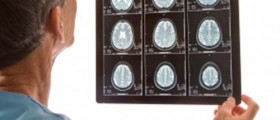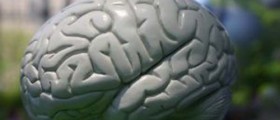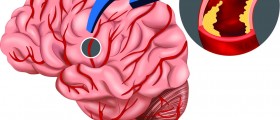
Blood clot in the brain is medically known as ischemic stroke. The blood coagulates inside certain blood vessels in the brain, forms a clot and blocks the blood flow. The effects are detrimental. Part of the brain that is normally supplied with the blocked blood vessels is deprived of oxygen and glucose and if the blood flow is not restored quickly, the particular part of the brain suffers from irreversible damage and loses all its functions.
What Causes Blood Clot in the Brain?
The most common cause of blood clot formation inside brain vessels is a head injury. Trauma to the brain and neck may occur in a car accidents or it develops as a consequence of direct fall onto the head or direct blow to the head. Once the blood clot forms inside the damaged blood vessel it may dislodge at any time and flow until it reaches narrower portion of the blood vessel where it gets stuck. The affected part of the brain is deprived of blood supply and all essential nutrients.
Presentation of Blood Clot in the Brain
There are many symptoms and signs of blood clot in the brain. If one has suffered head injury and after certain period of time developed some of the following symptoms and signs, he/ she needs to be transferred to the nearest hospital as soon as possible and requires immediate medical attention.
One of the most common symptoms of blood clot in the brain is headache. There is a difference between intensity and localization of headaches. However, in many patients headaches are restricted to one side of the head. Blood clot in the brain can also induce seizures. Convulsions generally last up to 2 minutes and if they tend to linger they point to more serious damage to brain tissue. Patients suffering from blood clot in the brain are confused and their thinking is slow. There may also be speaking difficulties. There are several more symptoms and signs of blood clot in the brain and they include paralysis, changes in vision, loss of coordination, and mood/ behavioral changes.
Treatment for Blood Clot in the Brain
The goal of the treatment is to dissolve the blood clot and restore normal flow of the blood. Only if specific medications are administered on time damage to the brain is reversible and functions can be restored again. In some cases patients are treated surgically. Unfortunately, if treatment does not start on time all the functions of the affected part of the brain are lost for good and patients develop permanent sequelae.

















Your thoughts on this
Loading...